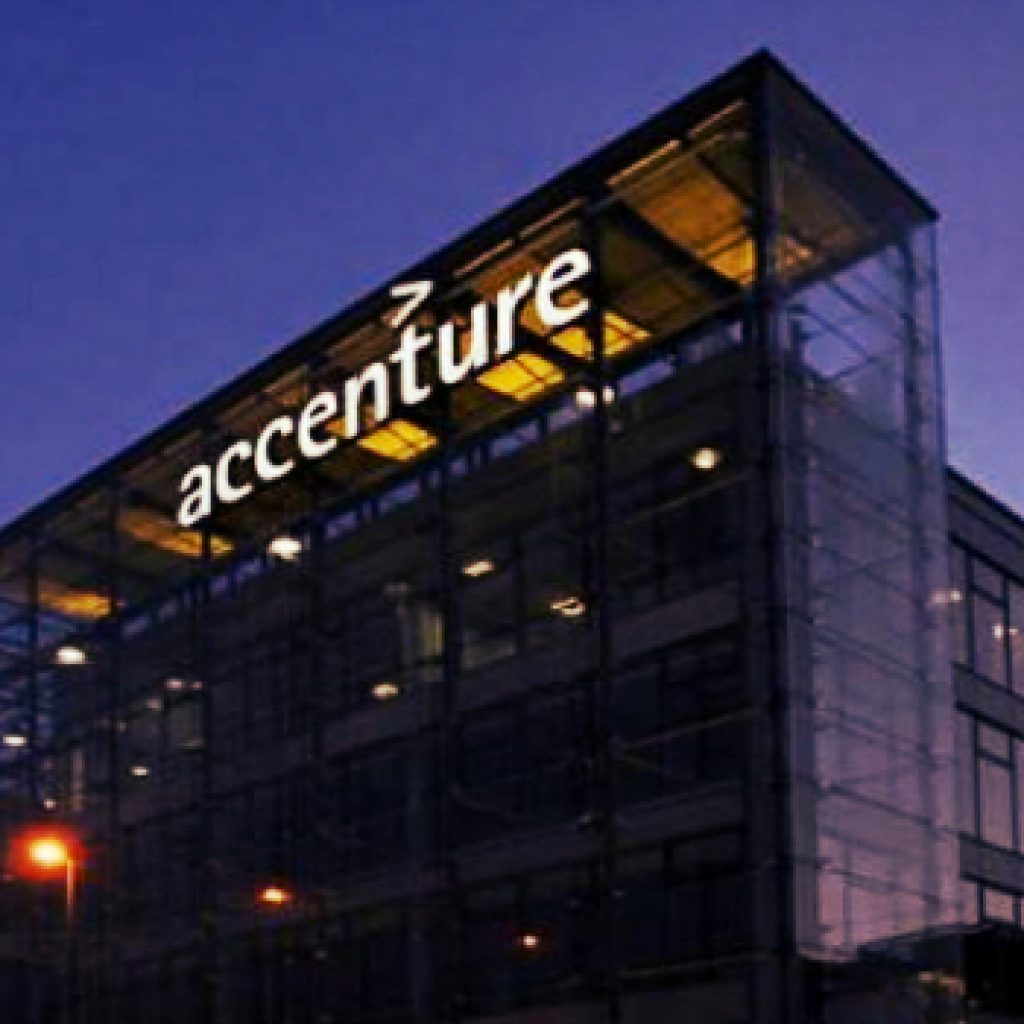
Even the best drop the ball sometimes.
This might be the biggest lesson young business owners could learn from watching the consultancy deal between Accenture and Hertz crash and burn. This is a story where “faking it until you make it,” works for a while but then when it’s time to get down to business, true colors start to show, and mistakes are revealed in ugly truths.
Here some lessons you can learn as a small business owner from Accenture’s $32-million lawsuit.
1. Take the time to study your contract
There are a lot of ways you can avoid expensive mistakes like the ones that got Accenture on the defense for a $32 million lawsuit.
Hertz wanted to revamp its online footprint back in 2016 and entrusted the job to Accenture, which is no doubt the most prominent consulting and tech operations services provider that money can buy.
But the partnership started to turn sour when Accenture allegedly failed to meet some of the requirements Hertz specifically included on their contract, including but not limited to global extensibility and a more responsive design for tablet users.
When you bag a large contract, it’s inevitable to feel a surge of productivity and motivation that will make you want to hit the ground running. However, taking the time to study your contract and your client’s demands can make all the difference in the world.
2. Stick to your deadlines
Over the course of their two-year engagement with Hertz, Accenture reportedly missed three crucial deadlines for the live launch of their new app/website. Deadlines are sacred in each and every business partnership, and must never be broken especially without prior advice.
No matter how good your product/service might be, expect an unsuccessful partnership if you can’t honor deadlines that have been agreed upon way before you agreed to take on a project or job.
3. The devil is in the details
Even the smallest concerns can turn into grounds for a lawsuit if you make them often enough.
For instance, Hertz claimed that Accenture repeatedly sent them PDF guides even after constant reminders that they need editable forms. This might seem like a petty inconvenience, but always remember that nothing is petty when you’ve got customers and clients paying hard-earned money for your service.
If you can’t be trusted to get the small details right despite receiving multiple instructions as to what you’re expected to do, the partnership will undeniably go awry.
3. Prepare for all possible scenarios
Aside from the fact that it is illegal not to have insurance for your business, you need the coverage for anything that might go wrong. This is not to say that insurance could have protected Accenture from having to answer to the accusations of Hertz that’s not the point.
What we’re trying to point out is that an established name does not make a business infallible. How much more for small businesses, solo professionals, or startups? It doesn’t hurt to always be prepared for worst-case scenarios, may it be in the form of a comprehensive coverage plan, an emergency fund, or even an alternate source of livelihood on the unlikely event that one of your ventures become too beleaguered to save.
It may feel morbid to prepare for failure, but it’s the only way you can secure your finances while trying to run a profitable business.
4. Be fair about charges and fees
Another one of Hertz’s disturbing claims is that Accenture apparently refused to rectify its misgivings without asking for hundreds of thousands of dollars as additional payment. This after they reportedly charged the company $32 million for a new system that the latter eventually had to scrap for being ‘too defective.’
We’re in no position to decide whether Accenture exceeded the reasonable threshold for all these charges, but it’s never a bad time to remind businesses to always be fair about any fees they might charge their clients/customers.
Selling yourself short is always a no-no, but you have to strike the perfect balance between the need to make a profit and the need to always practice business in good faith.
The entire world is watching for updates on this high-profile case, with Accenture’s reputation and future on the line. If you want to avoid landing in the same unenviable situation, you have to do a lot better in terms of keeping customers happy and satisfied with the partnership you are offering.
